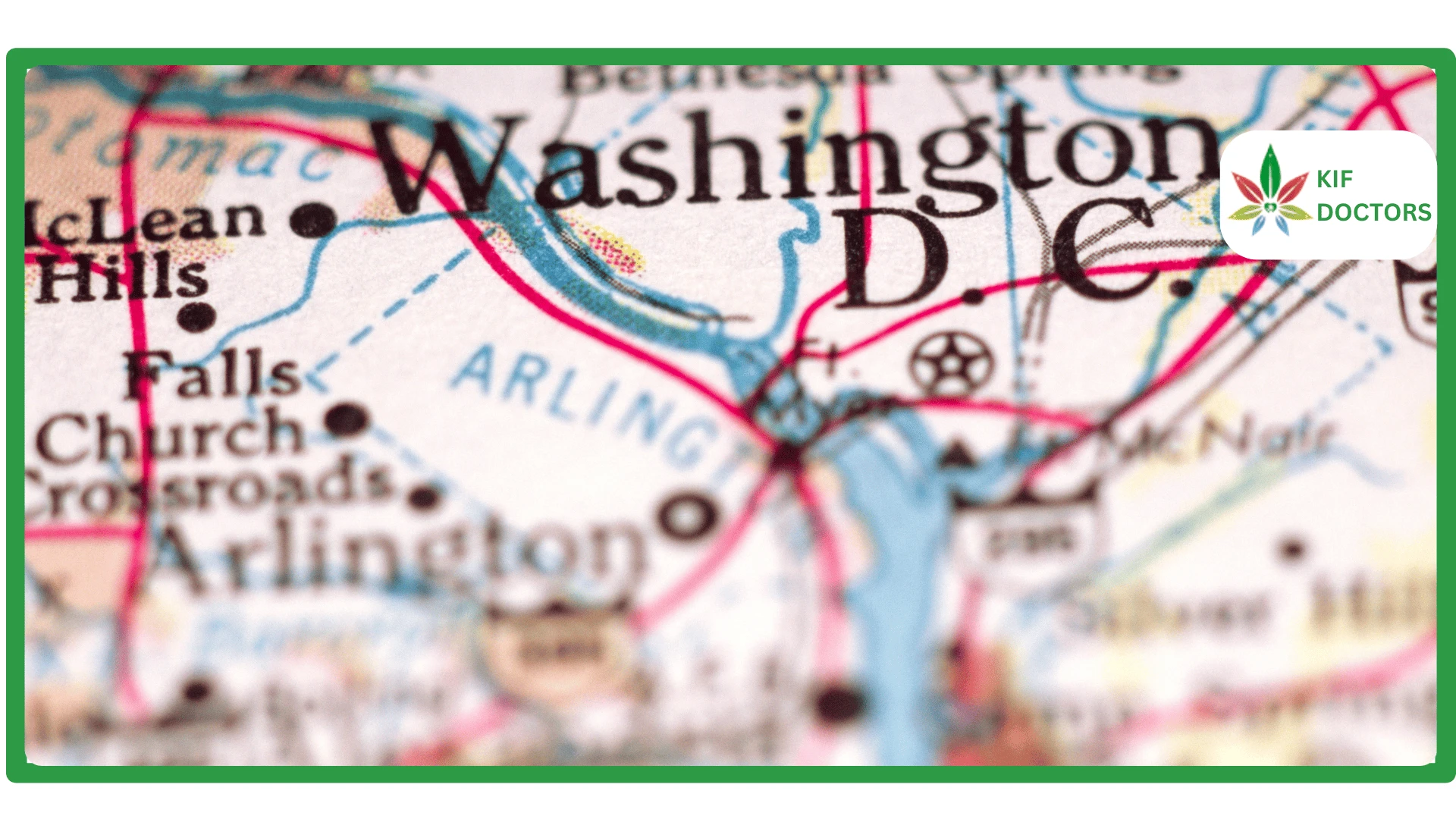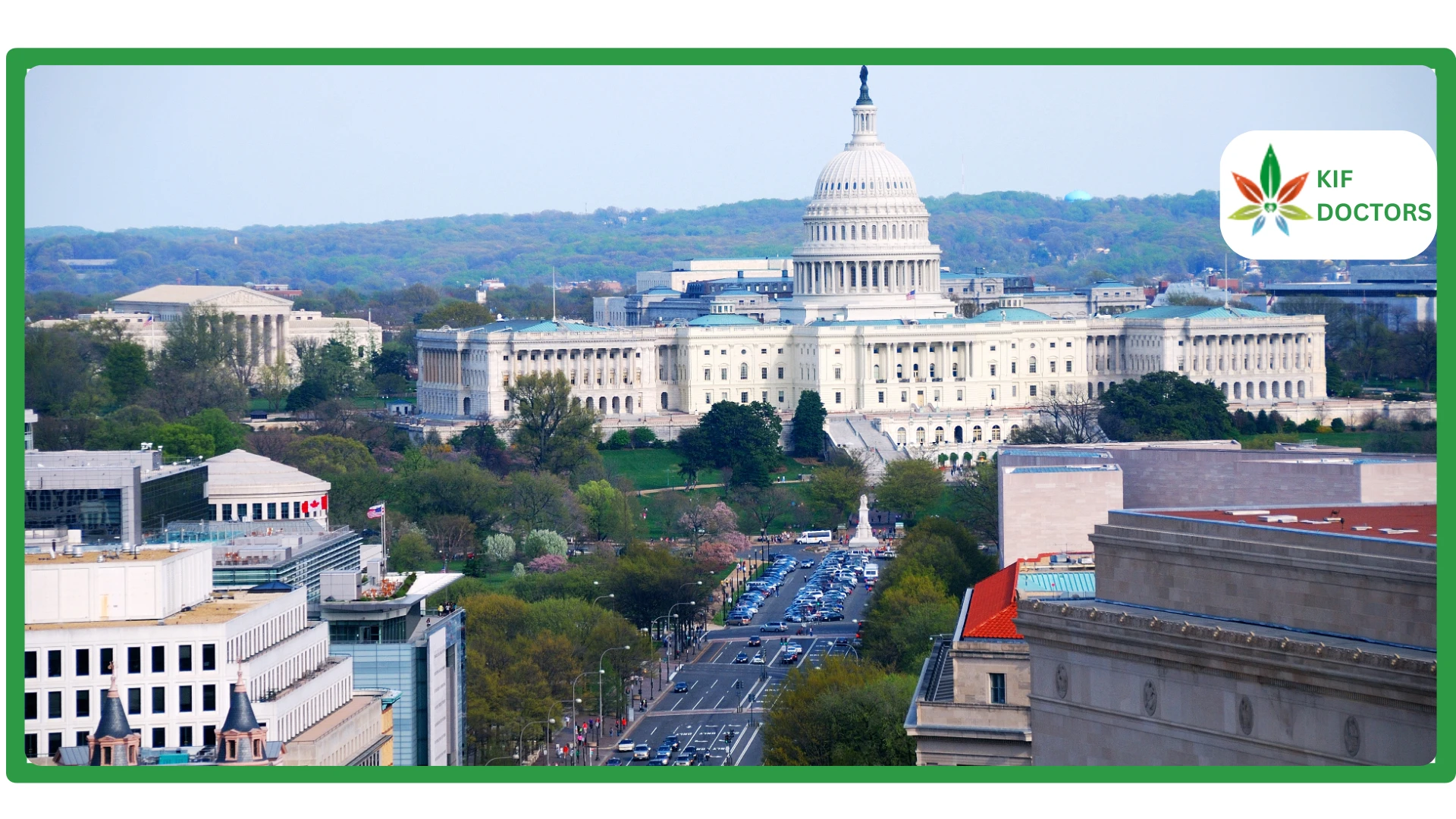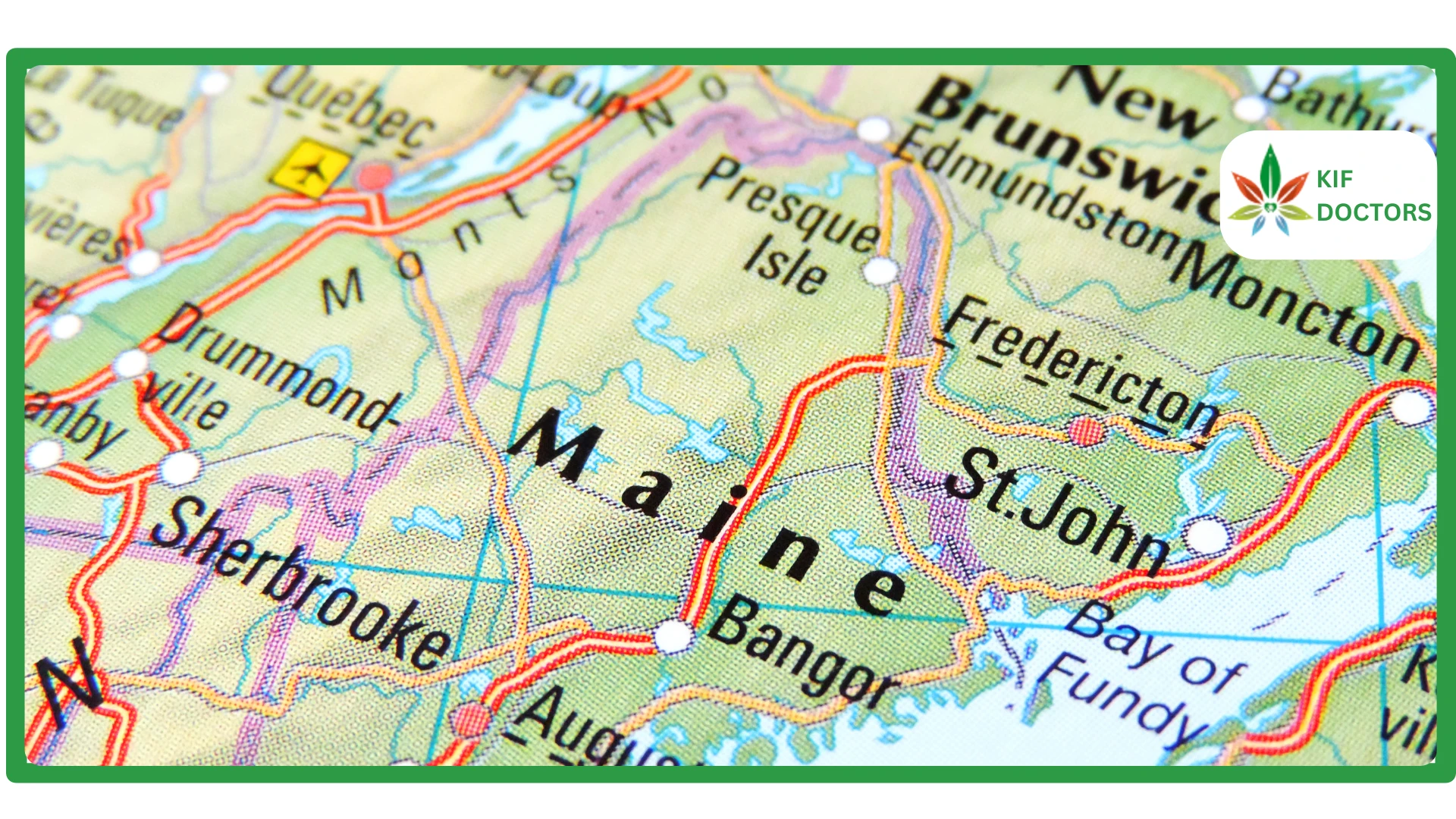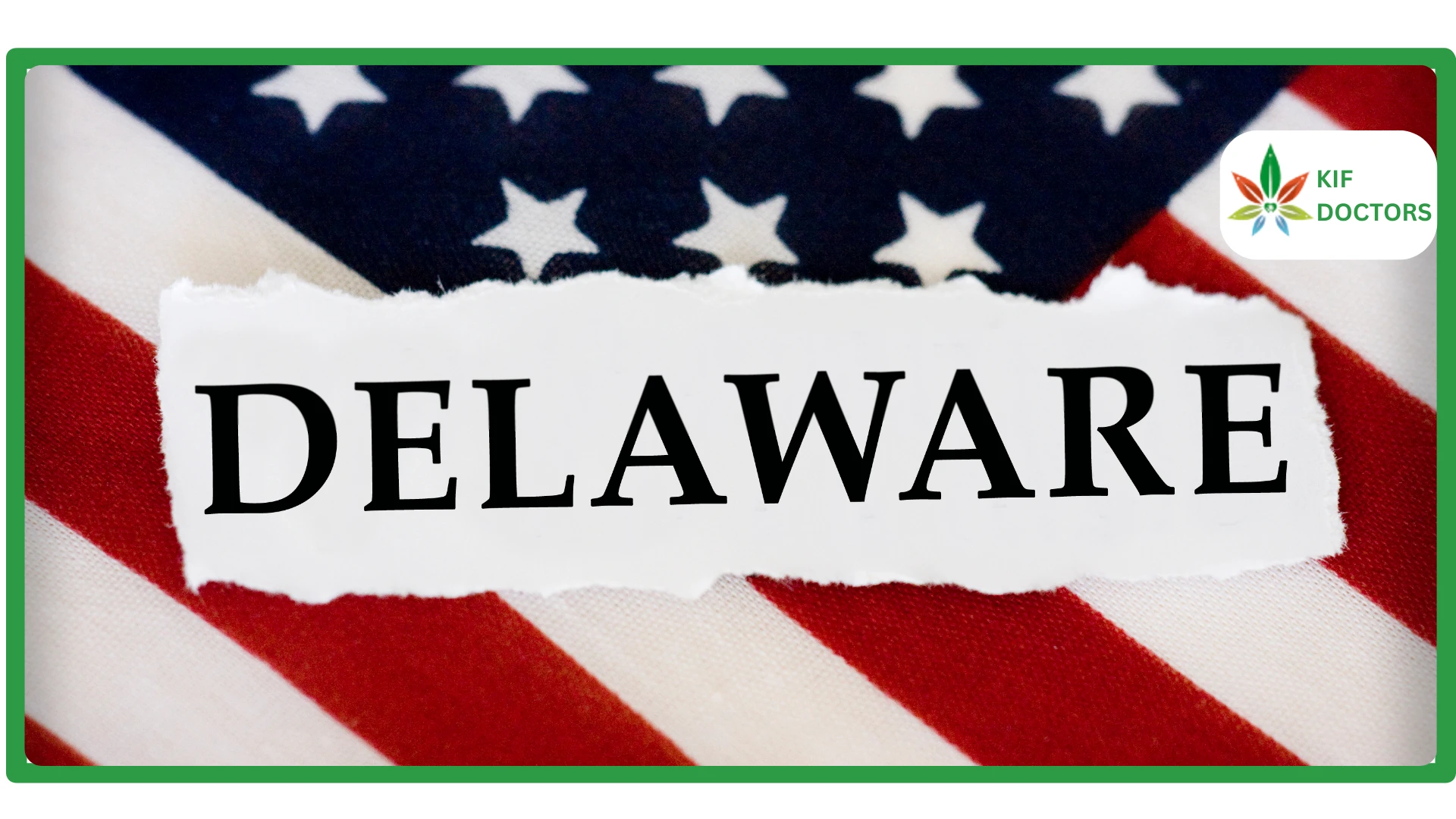Medical marijuana contains effective cannabinoids, including cannabidiol (CBD) and tetrahydrocannabinol (THC). They interact with the body’s endocannabinoid system. This interaction plays a crucial role in regulating various physiological processes. These include mood, anxiety, and stress.
Research on medical marijuana’s potential benefits for bipolar disorder is still in its early stages. However, preliminary studies have shown promising results.
In this blog, we examine the use of medical marijuana for bipolar disorder. This will help us explore its potential therapeutic effects.
Potential Therapeutic Effects of Medical Marijuana for Bipolar Disorder
1. Mood Stabilization
CBD is a beneficial compound in medical marijuana that delivers benefits without the intoxicating ‘high’. Some research suggests that it may have properties that help stabilize mood. It may help regulate mood swings. Plus, it helps reduce the severity of both depressive and manic episodes.
2. Anxiolytic Properties
The CBD component prevalent in medical marijuana is the key to its anxiolytic effects. This helps in decreasing anxiety to a great extent. This may be impactful for individuals with bipolar disorder. It is helpful especially when they experience a high degree of anxiety during manic or depressive episodes.
3. Sleep Improvement
Adequate sleep is vital for managing bipolar disorder and promoting overall mental health. Improved sleep quality is another advantage of using medical marijuana in the prescribed dosage.
4. Beneficial in Countering Inflammation
Some studies suggest that CBD may possess anti-inflammatory properties. Inflammation has been linked to mood disorders. Hence, decreasing inflammation through medical marijuana may contribute to mood stabilization.
5. Enhanced Appetite Regulation
Bipolar disorder may often lead to changes in appetite. This issue can cause excessive eating during manic phases. In others, it might lead to a loss of appetite during depressive phases. Medical marijuana has been reported to have appetite-regulating properties. This will potentially help patients maintain a healthy and stable eating pattern.
6. Support for Medication Side Effects
Other forms of medication for bipolar disorder have many side effects. They may range from weight gain to sleep disturbances. Medical marijuana may offer relief from these side effects. This way, it helps overall treatment tolerability and adherence.
7. Reduced Agitation and Irritability
Did you know that medical marijuana’s calming effects may help reduce agitation and irritability? These are common symptoms experienced during manic episodes. This type of therapy may contribute to a more stable emotional state by promoting a sense of relaxation.
A Complementary Approach to Treatment
Medical marijuana should not be viewed as a standalone treatment for bipolar disorder. It is prudent to view it as a potential complementary therapy. This mode of therapy may be considered in combination with other evidence-based treatments.
These include psychotherapy and medications for stabilizing the mood. They may work in conjunction to support overall mental health.
To sum it up
These were a few ways medical marijuana may offer relief to those living with challenging bipolar disorder. Do note that it is imperative to consult with your healthcare provider before you embark on a journey to better control the issue with the help of medical marijuana.
FAQs
Q1. Is medical marijuana a cure for bipolar disorder?
- No, medical marijuana is not a cure for bipolar disorder. It is considered a complementary therapy. This may help manage certain symptoms and improve overall well-being. Bipolar disorder requires comprehensive treatment. It needs to complement psychotherapy and mood-stabilizing medications to effectively manage the condition.
Q2. Is medical marijuana safe for individuals with bipolar disorder?
- The safety of medical marijuana use for individuals with bipolar disorder depends on various factors. This spans individual health history and medication interactions. It is essential to consult with a qualified healthcare professional before incorporating medical marijuana into the treatment plan. They can assess any potential risks and benefits specific to the individual’s condition.
Q3. Can medical marijuana worsen bipolar symptoms?
- Recent research has provided positive results for combining medical marijuana as one of the therapy options in conjunction with other remedies. But the right calibration of various treatment options needs an expert eye so that it is effective in curbing the issues arising from bipolar disorder. Hence this treatment approach needs constant supervision by an experienced doctor.
Q4. What is the recommended method of medical marijuana administration for bipolar disorder?
- The recommended method of medical marijuana administration for individuals with bipolar disorder may vary based on their specific needs and preferences. Options include inhalation (smoking or vaporizing). Some people may also go for oral ingestion (edibles or tinctures) or topical applications. Each method has its onset time and duration of effects. Your physician can help determine the most suitable method for individual patients.
 Since 2021, Kif offers a streamlined platform to get a medical marijuana card online. We have served more than 45K patients across the United States. Sign Up Now to get the right to use medical cannabis for your health condition without any delay.
Since 2021, Kif offers a streamlined platform to get a medical marijuana card online. We have served more than 45K patients across the United States. Sign Up Now to get the right to use medical cannabis for your health condition without any delay.
























